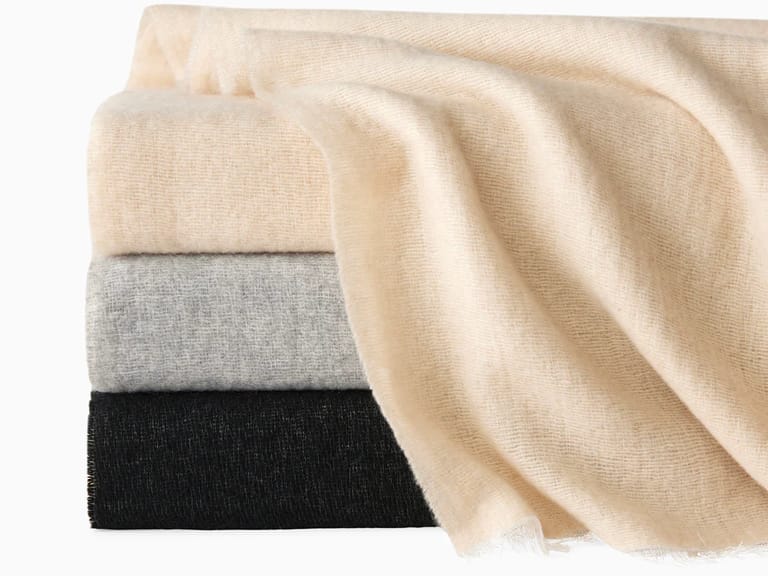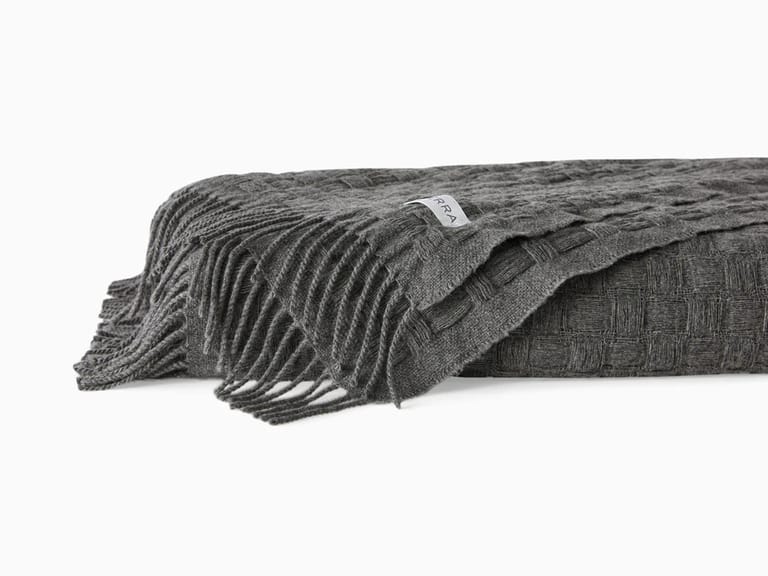The Journey of Cashmere: From Goat to Garment
Explore the fascinating journey of cashmere, from the delicate fibers harvested from cashmere goats to the luxurious garments crafted from this exquisite material. This article delves into the intricate processes involved in cashmere production, highlighting the craftsmanship and care that goes into each piece. Learn how sustainable practices are shaping the future of cashmere and its impact on the fashion industry.
The Origins of Cashmere
Cashmere, often hailed as the 'diamond of fibers', undergoes a meticulous journey before becoming the luxurious garments we cherish. It all begins with the cashmere goats, primarily found in the harsh climates of Mongolia and China. These hardy creatures thrive in extreme temperatures, developing a fine undercoat that protects them from the cold. Each spring, as the weather warms, these goats naturally shed their soft undercoat, a process known as molting.
Harvesting the Fibers
The collection of cashmere is a delicate task. During the molting season, herders gently comb the goats to gather the soft fibers without harming the animals. This process, referred to as 'dehairing', is crucial in ensuring the purity and softness of the cashmere fibers. On average, each goat produces only about four to six ounces of cashmere per year, making it one of the most expensive textiles in the world.
Processing and Crafting Cashmere
Once harvested, the cashmere fibers are sorted, washed to remove impurities, and spun into yarn. This yarn then undergoes various techniques to create luxurious textiles. The craftsmanship involved in weaving and knitting cashmere is remarkable; artisans meticulously create each piece, ensuring that the final product meets high standards of quality and comfort.
Sustainable Practices in Cashmere Production
As the demand for cashmere continues to rise, so do the concerns regarding sustainable practices within the industry. Overgrazing by cashmere goats has led to environmental degradation in some regions. However, a growing number of brands are adopting sustainable practices to mitigate this impact. These include rotational grazing, which allows land to recover, and initiatives to improve animal welfare.
One such brand is Sferra, known for their exquisite cashmere products. Their Monterosa Cashmere Blend Throw Blanket is a perfect example of luxury meeting sustainability. Crafted from a blend of 81% cashmere, 17% modal, and 2% wool, this throw not only offers incredible softness but also showcases the commitment to ethical sourcing.
Sferra Monterosa Cashmere Blend Throw Blanket
Indulge in the luxurious softness of the Sferra Monterosa Cashmere and Wool Throw Blanket, crafted from 81% cashmere, 17% modal, and 2% wool. Yarn-dyed in Italy, this exquisite throw offers lasting color and a cozy, inviting feel. Perfect for adding a touch of style and warmth to any room.
Price: $450.00

The Impact of Cashmere on Fashion
The allure of cashmere has transcended time, making it a staple in luxury fashion. From high-end designers to boutique labels, cashmere garments are celebrated for their warmth, softness, and timeless elegance. The versatility of cashmere allows it to be crafted into a variety of pieces ranging from sweaters and scarves to blankets and throws.
Key Figures in Cashmere's History
1. King Edward VII
In the early 20th century, King Edward VII of England is often credited with popularizing cashmere in the Western world. His love for cashmere garments brought attention to the luxurious fiber, making it a symbol of status and elegance among the aristocracy. The king's influence helped establish cashmere as a prestigious fabric in European fashion.
2. Coco Chanel
Fast forward to the 1920s, and fashion icon Coco Chanel further revolutionized the cashmere industry. She introduced cashmere sweaters into women’s fashion, breaking away from the traditional notions of femininity. Chanel's designs showcased cashmere's beauty and versatility, leading to its acceptance as an everyday luxury for women.
3. Stella McCartney
In contemporary fashion, designer Stella McCartney has been a vocal advocate for sustainable cashmere. Her commitment to ethical fashion has influenced many brands to adopt more responsible practices. McCartney’s designs often feature innovative materials, including sustainable cashmere, proving that luxury and environmental responsibility can coexist.
The Future of Cashmere
As we look to the future, the cashmere industry faces the challenge of balancing luxury with sustainability. Innovations in farming practices and production methods are crucial in preserving this exquisite fiber for future generations. Consumers are increasingly seeking transparency in sourcing, and brands that prioritize sustainability will likely lead the market.
Cashmere’s journey from goat to garment is a testament to the artistry and craftsmanship involved in creating luxury textiles. With an eye on sustainability, the future of cashmere looks promising, ensuring that this luxurious fiber continues to be cherished for years to come.

